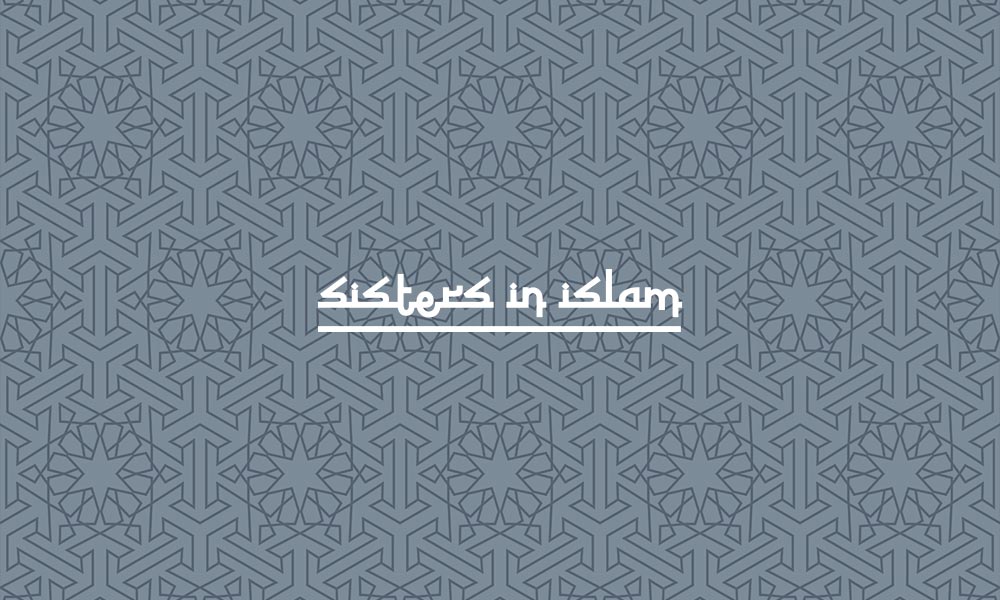This statement is in reference to Perlis Mufti, Mohd Asri Zainul Abidin’s statement regarding a candidate, Zahida Zarik Khan who allegedly campaign within the “iddah” period, which is the mourning period for her late husband as reported in Berita Harian (Headline: PRU15: Calon kematian suami tidak boleh keluar kempen, perlu patuh perintah edah. Translation: Candidate whose husband has passed away is not allowed to go out and campaign, must adhere to iddah) https://www.bharian.com.my/berita/nasional/2022/11/1022212/pru15-calon-kematian-suami-tidak-boleh-keluar-kempen-perlu-patuh
On 7 November 2022, a candidate, Zahida Zarik Khan, was reprimanded by the Perlis Mufti for allegedly campaigning within the mourning period for her late husband. In general, a Muslim wife has to observe certain rules such as not leaving the house without necessity, not overly adorning herself and remarry within the period of 4 months and 10 days.
There are many contemporary ulamas with the opinion of allowing widows in their iddah period to leave their house to go to work. One of them is Sheikh Dr. Abdul Rahman al-Kilani, Chairman of Rabitah Ulama’ Jordan who in his view, states that a widow in her iddah period is allowed to leave the house to work to fulfil her responsibilities. This is also applied to widows who are currently running for election as it is her responsibility to serve the community, especially when there is no suitable person to represent her. (Reference: https://muftiwp.gov.my/artikel/bayan-linnas/1159-bayan-linnas-siri-61-calon-wanita-berkempen-untuk-pilihanraya-dalam-keadaan-iddah)
The requirement for women to observe their iddah period in confinement and away from participating in public activities for their own livelihood, and serving their community in today’s realities should be seriously considered and reviewed, as have been done by the article in Bayan Linnas above. We are now living at a time when women rely on themselves to survive and live their lives daily given the absence of or limited social safety nets and nearby families and communities for support. Thus, the expectation for strict seclusion for women following the death of her husband is unrealistic. Similarly, if she chooses to take up a role to represent her community and society, then strict seclusion during the election campaign period would underserve her own campaign and her own potential for being elected is limited or denied.
Women widow candidates should be trusted to act in good faith, just like any other election candidates, to campaign for elections and serve their constituency once elected. The understanding of iddah needs to be modulated according to the expectations and demands of women’s lived realities today and how their participation is essential in politics and decision making. Otherwise, Malaysian society and Malaysian women will forever be short changed from potential leadership that can make significant contributions to society and the nation.
